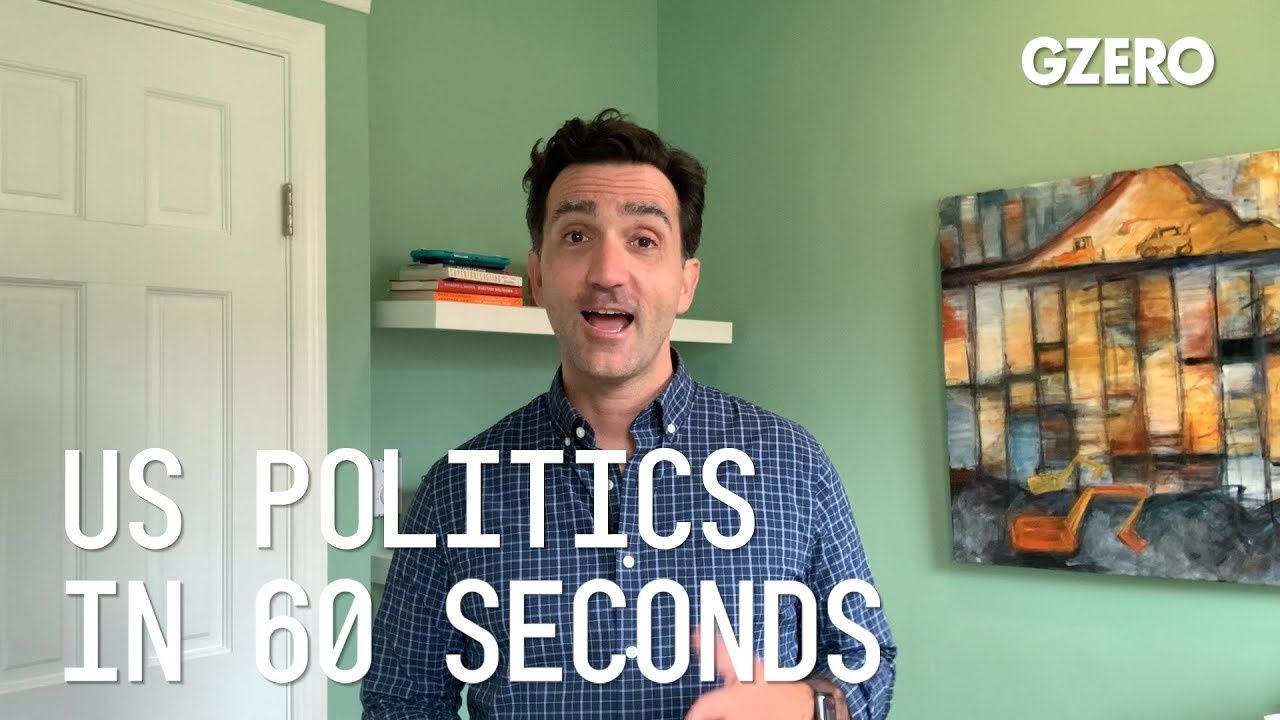
Jon Lieber, Managing Director of the United States for the Eurasia Group, shares his insights on the biggest development in the US election this week:
Joe Biden has chosen his running mate, Senator Kamala Harris of California. She was the safe pick, she was the betting market favorite, she brings diversity to the ticket and a historic component, as the first woman of color to ever run on a major party ticket in the United States. Most importantly, what she does is she doesn't open up any obvious lines of attack for President Donald Trump and she doesn't bring the risk of creating a competing power center on policy inside the White House, the way a progressive candidate might have.
What are her weaknesses? Well, she only served in the Senate for four years and hasn't racked up a long record of policy achievements. Before that, she was attorney general of California, where she ran as sort of a tough-on-crime progressive, in a way that's sort of out of step with where the Democratic Party is. Her own presidential campaign also kind of flamed out but now she'll have four years, if they win, to gain some experience as vice president, maybe some foreign policy experience, and then run again, potentially as the favorite, should Biden not decide to run in 2024.
What's most interesting about this ticket, however, other than its historical nature, is how unremarkable it is. These are two sort of middle-of-the-road, generic Democrats that bring a lot of balance in terms of age, gender, racial diversity, foreign policy, domestic policy, and together they look a lot like right in the middle of where the Democratic Party is.
This also achieves Joe Biden's number one goal in picking a running mate, which is to not distract from President Donald Trump. He wants this to be a referendum on Trump's leadership, about the coronavirus, and choosing Senator Harris allows him to make that pick, move on, and keep it focused on President Trump.